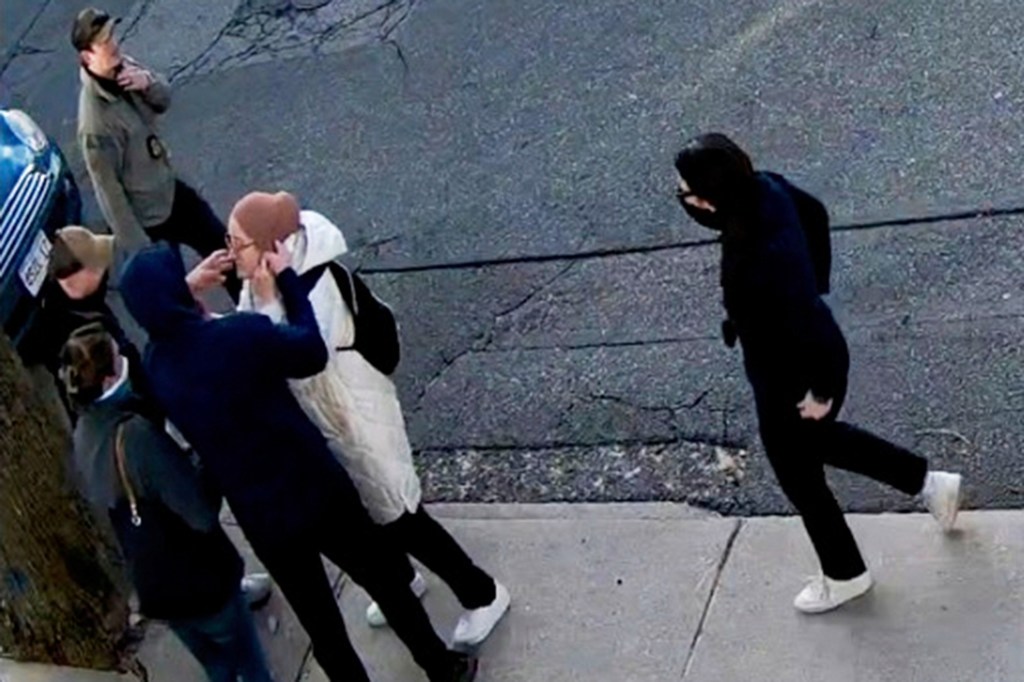
Naturally enough, newspaper staffers might get a little sensitive over the very idea of getting arrested, much less deported, for penning an op-ed article.
In the United States of America, mind you.
But that is the position in which Tufts University graduate student Rümeysa Öztürk strangely finds herself. She was among four authors of a pro-Palestinian essay published in The Tufts Daily, a student-run newspaper, which also had 32 other university co-signers. There was nothing particularly unusual about the piece. Certainly nothing actionable in a nation in which freedom of speech is guaranteed in the First Amendment. Nothing, in a free country, that could possibly lead to arrest.
And yet, plain and simple, she was arrested for writing an op-ed. Under the orders of the secretary of state. Of the United States of America. Fellow Americans, this is the kind of extremism, of authoritarianism, on the part of a presidential administration that we let stand, without vigorous objection, at our own peril.
The academic free speech organization FIRE filed a friend of the court brief in support of Öztürk’s lawsuit against the Trump administration following her arrest: “It is unthinkable that a person in a free society could be snatched from the street, imprisoned, and threatened with deportation for expressing an opinion the government dislikes. Certainly not in the country envisioned by our nation’s framers. … The Secretary argues his discretionary power over lawfully present international students includes the authority to order their arrest, detention, and deportation for even protected speech. It does not.”
It most certainly does not. In fact, what she was doing was encouraged by the very university she is a doctoral student at: “[a]ctive citizenship, including exercising free speech and engaging in protests, gatherings, and demonstrations, is a vital part of the Tufts community,” says the student Code of Conduct.
So Öztürk and her co-authors quoted that encouragement in their op-ed. While all Americans who follow the news about the unsettling crackdown on free speech by the Trump administration are aware of Öztürk’s arrest, few enough may have read the actual essay in question. So there may be a suspicion that rather than the usual sober-minded opinion-page arguments about public policy we’re used to seeing in these pages, there was something incendiary, something a bit Molotov cocktail, about the piece.
There is not. It is an academic-style essay, using lawyerly logic instead of anarchic rabble-rousing, asking Tufts to get on “the right side of history” by officially protesting American support for the war in Gaza, comparing the university’s role now to its former failure to divest from South Africa during apartheid.
You can agree or disagree with the op-ed’s points, but you won’t find anything objectionable about the way it is written. And even if you did, if you value free speech, you wouldn’t call for its authors’ arrest. But that is rather the point here: This op-ed, given all the incendiary writing in this world, is the one out of which the White House wants to make a federal case? If so, what will it do with future authors truly making a call for readers to march toward the barricades?
And that is precisely the free-speech argument made in the op-ed: “The great author and civil rights champion James Baldwin once wrote: ‘The paradox of education is precisely this: that as one begins to become conscious one begins to examine the society in which [they are] being educated.’”
Surely that is the kind of knowledge and critical thinking we want our universities to impart to their students, whether foreign or domestic. It’s what our Supreme Court encouraged back in 1957 in the case of Sweezy v. New Hampshire: “students must always remain free to inquire, to study and to evaluate, to gain new maturity and understanding.”
And yet, because she wrote an op-ed, here in 2025, a graduate student in the United States of America sits inside a Louisiana jail.
Originally Published:



